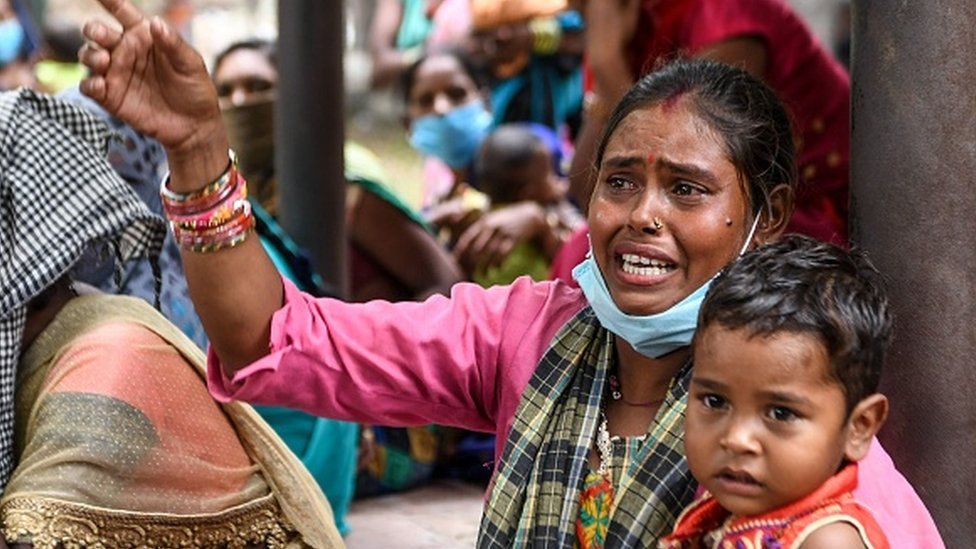Malnutrition has been one of the major concerns for a developing country like India. The disruptive effect of Covid-19 has intensified by the burden of malnourishment in the country’s population, especially amidst the economically weaker sections of the society, more largely due to an unplanned lockdown imposed by the government.
India has failed to secure food security in four parameters: availability, access, stability, and utilization of resources.
Malnutrition is even more alarming because it brings severe immunodeficiency, affecting infants, children, adults, and the elderly. Thus, a significant increase in malnourishment ultimately would spike the number of cases prevailing in the country.

Covid-19 has caused a major drop in household incomes along with the scarcity and the affordability of food due to hiked food prices. A major hit can be seen in non-agricultural respondents whose average weekly income crashed from Rs 6,858 in March 2020 to Rs 1,929 in May, as stated in a survey by IDinsight.
This food insecurity due to decreased income has ultimately caused a tremendous increase in starvation among various age groups. As stated by UNICEF, India is most likely to witness a significant increase of 10% in malnourishment.
India had taken small steps to overcome the issues of nutrient deficiency, all of which came to a halt due to the nationwide lockdown. Since the Anganwadis are also closed, the majority of children from rural areas are deprived of the mid-day meal program which aims at providing nutritious meals to the students.

There was a severe drop in income and employment even before the second wave. Post-lockdown scenes were still not promising for the majority of individuals as there was still a major gap between their income before and after lockdown.
This decline in income led them to adopt coping mechanisms including purchasing subsequently less ration, replacing wholesome foods with less nutritive foods, and a decline in the meals consumed per day. A variety of surveys pointed towards the same fact that between 53%-77% of respondents were eating less after the advent of the pandemic than before.
.jpg)
One of the major sectors that is affected by the pandemic includes migrant and daily wage-based workers. Surveys conducted by a variety of NGOs have indicated that workers are deprived of basic 2 meals a day.
Not only the quantity but the quality of the food is an avid concern for the country. Even if the public is consuming cereals there is a significant decrease in the purchase of nutritious foods like meat and dairy products.

The lockdown that was meant to curb the increasing cases in the country has proven to be very harsh both, economically and nutritionally for the public. The second wave and another lockdown have only heightened the crisis.
Amidst this, the government has failed to set up an effective ration distribution system leading to an increased nutrient deficiency. India needs better relief measures, even though a lot of NGOs are distributing rations across the country, still, a major fraction of the population remains deprived and malnourished.
Also Read: India Accounts For The Largest Number Of Drug Resistant TB In The World: Health Ministry























